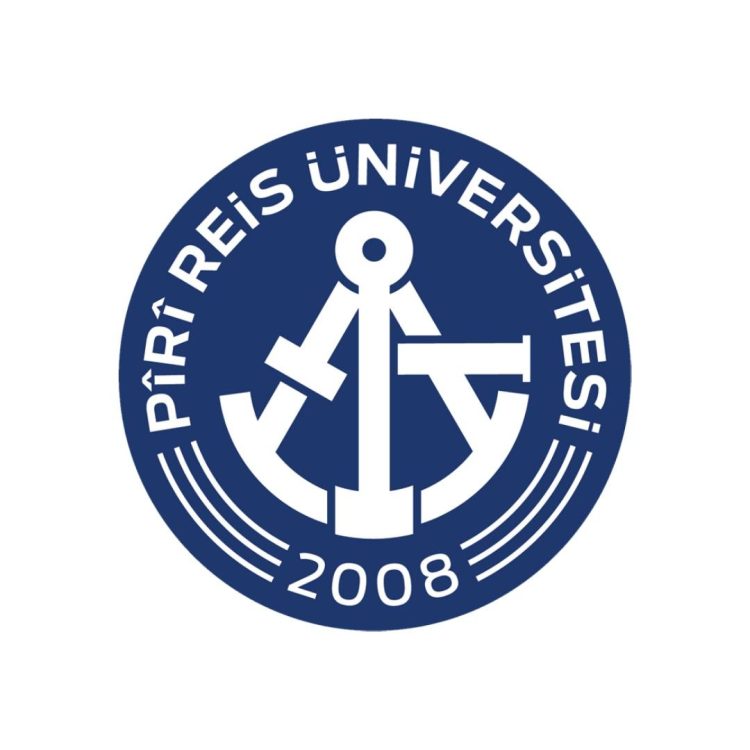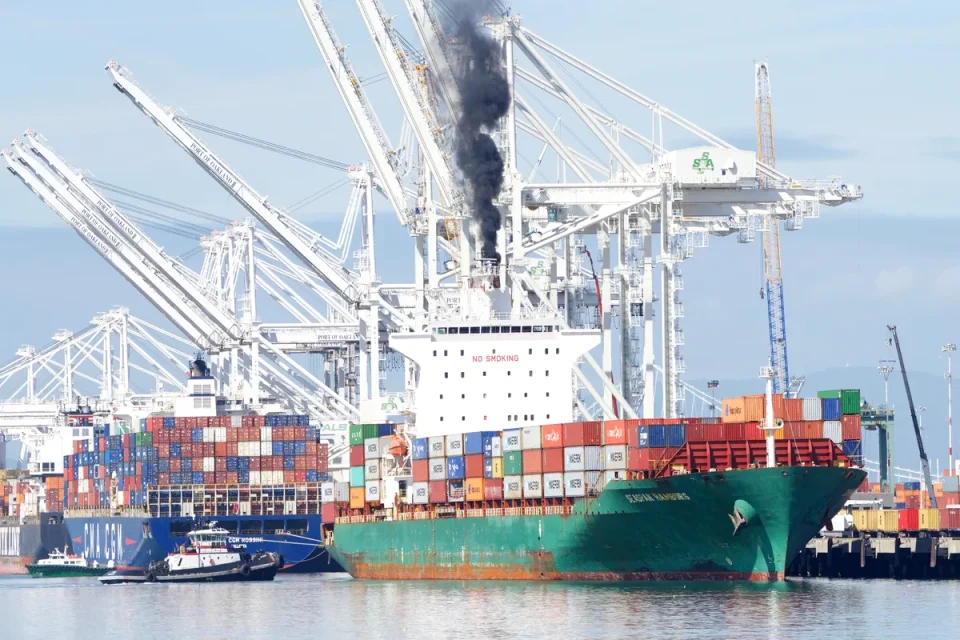The Green Shipping Corridors Application is Attracting Great Interest Among IMO Member Countries.
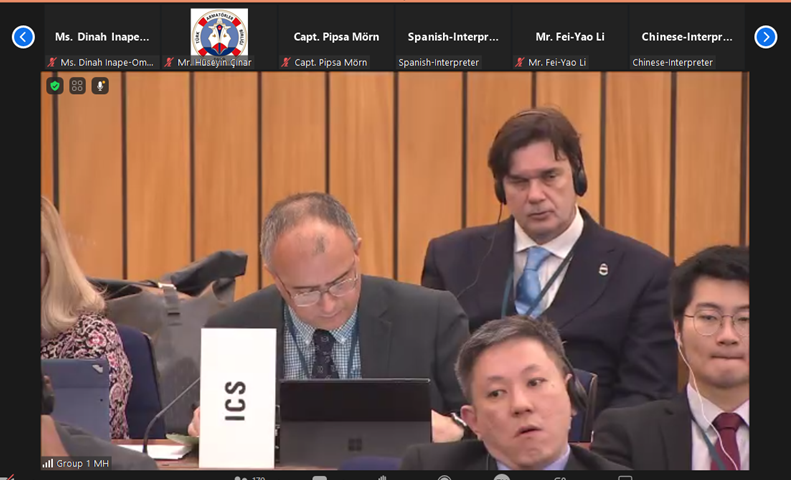
Two green corridors have been created, one between Los Angeles and Shanghai and the other between Antwerp and Montreal since November,2021.
MEPC 74 accepted MEPC.323(74) to promote voluntary cooperation between the port and maritime sectors to contribute to the reduction of greenhouse gas emissions from ships.
Later, MEPC 75 was established by the MEPC to promote Member States to develop and submit National Action Plans (naps) to address greenhouse gas emissions from ships in November 2020.327(75) accepted the decision.
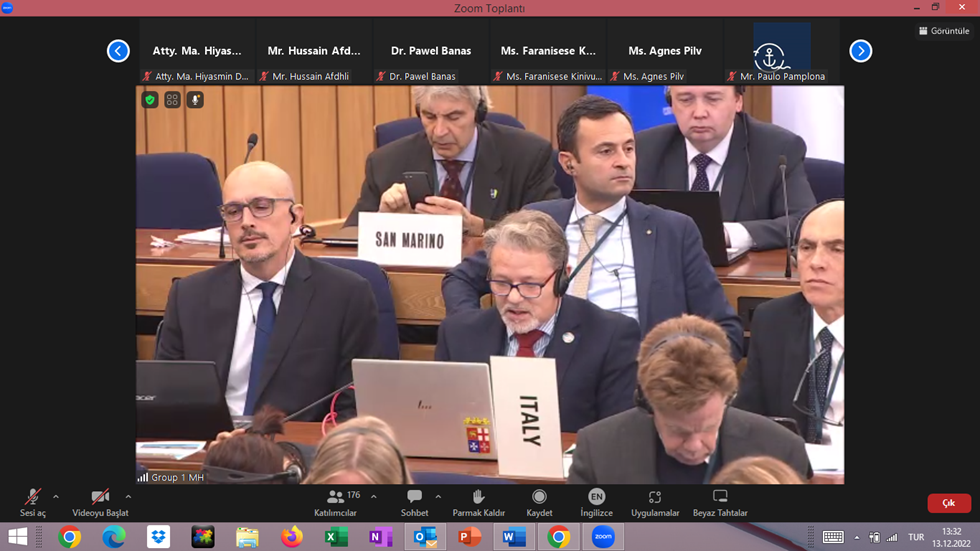
Since then, several Member States have published their own plans.
There is a growing interest in the development of Route-Based Acitons or “Green Shipping Corridors”. Several Member States have begun to work together to develop RA’s that will help to identify opportunities and challenges while helping to introduce and trial low and zero emission technologies and fuels.
To give an example of these corridors that will be created/created for green sea transportation, we can say that the Clydebank Declaration, which is currently signed by 24 Member States, is the first of them.
Singapore and IMO have launched NextGen Connect to develop RA’s to reduce greenhouse gas emissions from ships in the Asia-Pacific region.
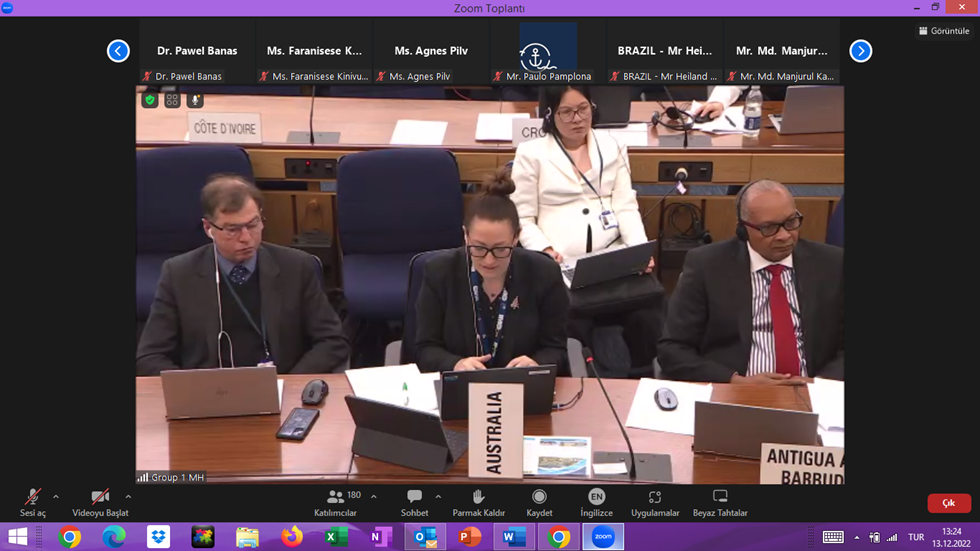
n this project, stakeholders are invited to jointly develop methodologies for route based action.
In this MEPC study titled “Revised IMO Strategy on Reduction of GHG Emissions from Ships”, reference is made to these RA’s and it is proposed that these corridors should cover all major trade routes by 2035.
In 2040, it is proposed to turn these green corridors into completely carbon-free routes.
Therefore, at the end of this meeting, this decision will also be taken.
Turkey’s being a signatory of the Clydebank Declaration and contributing to decarbonization in the surrounding seas will have made an important contribution to both the global climate, the UN and IMO targets and sustainability.
For example, it is estimated that it will be very useful to create a green corridor with 2 of the ports of the country where our sea transportation takes place the most.
15.12.2022
